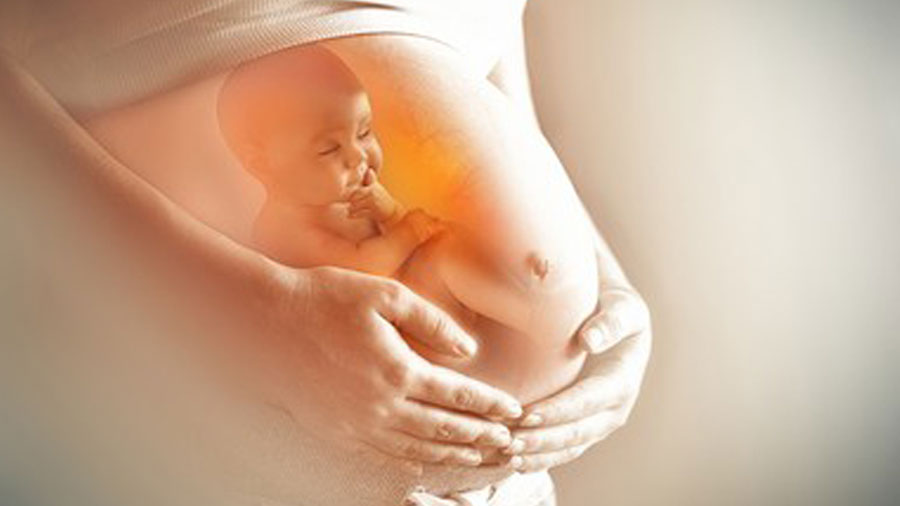The Delhi High Court on Monday sought an AIIMS expert body's opinion on medical termination of a 28-week pregnancy on account of certain abnormalities in the foetus after the initial medical report indicated the foetus was alive and might need medical care after being removed from the uterus at this stage.
Justice Anu Malhotra, who was dealing with a petition by a 33-year old woman seeking permission to undergo medical termination of pregnancy, said that in view of the medical report, the question was not whether the pregnancy "can" be terminated but whether it "should" be.
The counsel for the All India Institute of Medical Sciences (AIIMS), Delhi, said that the foetus has a heartbeat and in case the medical termination of pregnancy is proceeded with, there was a chance that the child would be born alive.
He nonetheless stated that the institute would comply with whatever orders are passed in the case.
The court said that it shared AIIMS' concern for the foetus being born with life.
"That's what I'm also saying that I will be entering into murder. That was my first sentence. I know that the child is alive. The report is very clear and it says that if the child is born, it will need postnatal resuscitation," Justice Malhotra said.
"It is very clear that the child is alive and if it is removed from the uterus also, it would continue to be there and it would need care and immediate attention and if it is not given, it may collapse but can a court order that? That's my concern," she said.
The petitioner had moved the court for permission to undergo medical termination of her pregnancy under the Medical Termination of Pregnancy (MTP) Act, claiming that the foetus suffered from abnormalities of the heart and chances of survival were remote.
On December 22, the court had asked AIIMS to set up a medical board at the earliest for the examination of the woman.
The court noted that according to the report submitted by the AIIMS medical board, the foetus was viable and there was an 80 per cent chance of success if it receives due medical care and attention.
"There have been cases where patients have survived and here they are showing a success rate of 80 per cent, and 80 per cent is not small. What can be done is that a further report can be called for," the court stated.
The court directed the board to give its opinion on the postnatal outcome in the case of a full-term delivery and the need for surgeries during childhood for the child's well-being as well as the follow-up care.
The court also asked the board to state if there was any danger, physical or mental, to the petitioner if the pregnancy is continued and the kind of postnatal resuscitation and management required in case of termination done at the present gestation.
The counsel for the petitioner said that it was the mother's right to decide if she wanted to continue with the pregnancy and argued that according to the law, pregnancies could be terminated even after 24 weeks.
"Nobody says it can't be performed. Whether it should be performed is the query. I'm not saying that it can't be," the judge said.
The petitioner also claimed that now permitting her to undergo medical termination of pregnancy would put her through financial, emotional as well as physical strain.
The matter would be heard next on December 29.











